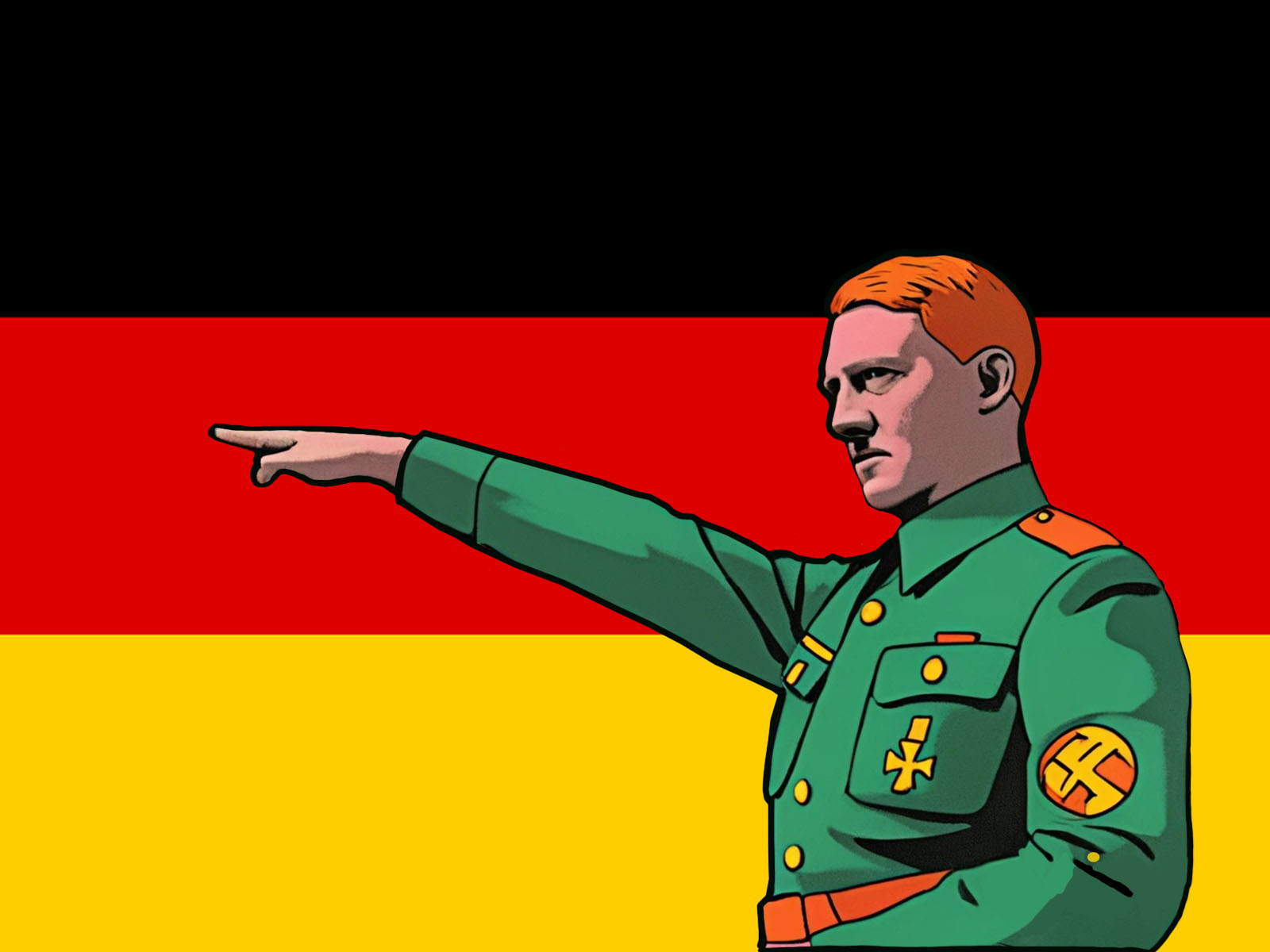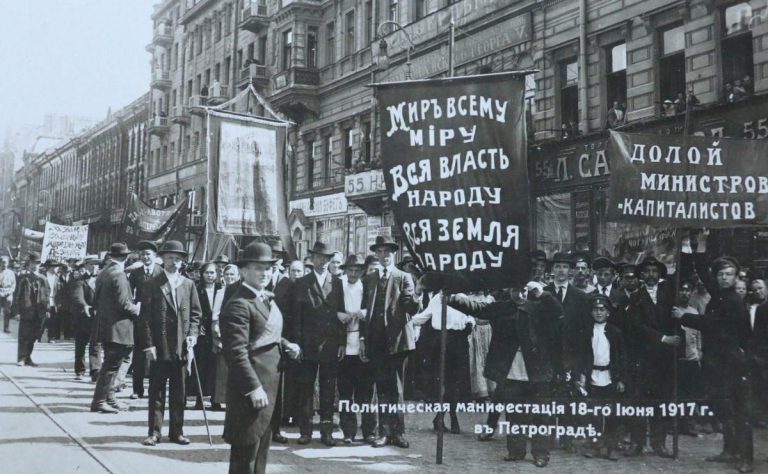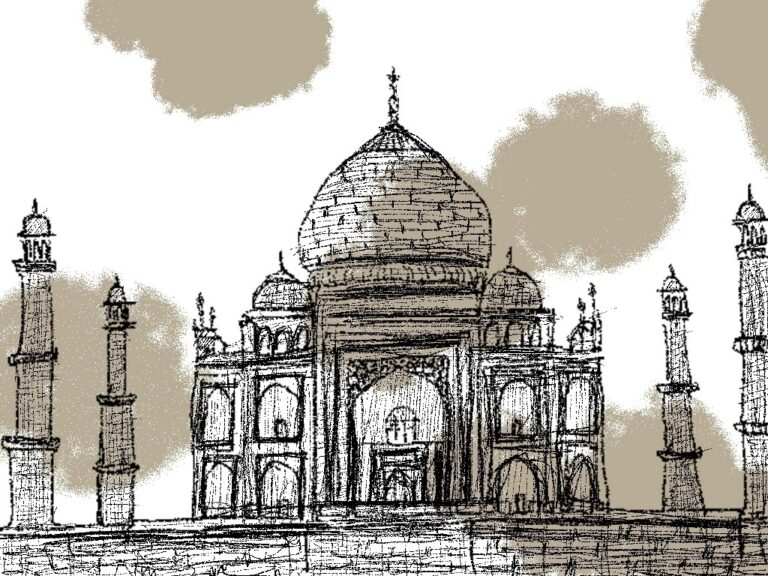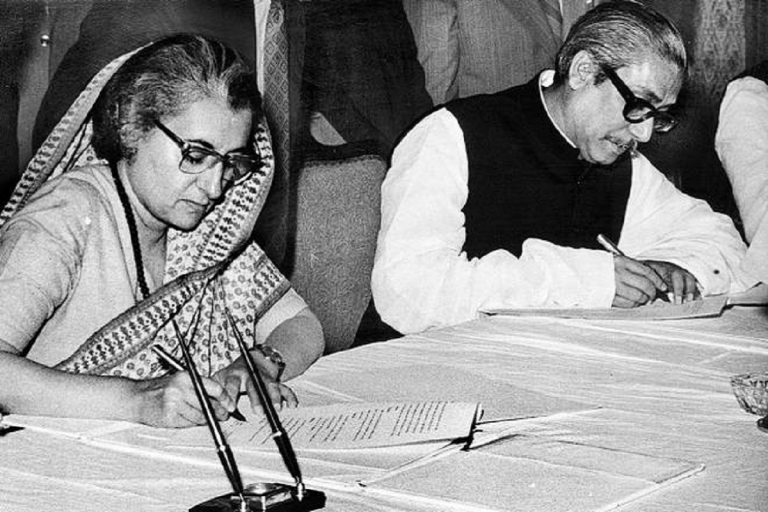Second world war and the price of indecisiveness
Hi, my name is Harsh! I like to write on topics relating to a wide range of subjects, and hope to do my part in adding some perspective in the minds of my readers.
This piece makes an attempt to illustrate the way our actions/inactions in demanding moments determine what destiny holds for us. I would try to illustrate my points using the Second World War, the most significant conflict in human history since I believe that war encapsulates and highlights the true, raw nature of human emotions during the ultimate battle between the mind and the heart.
Diplomacy is the arsenal that countries have to negotiate their terms with one another with the hopes that there will never arise the need for actual conflict. When done immaculately, diplomacy can foster relations between ideologically opposed powers, but when done wrong, it can put allies at the path of altercation and result in more significant damage than imagined. Diplomacy demands decisiveness. This article focuses on the latter case and tries to illustrate the ramifications of empty promises.
‘All war is a symptom of man’s failure as a thinking animal.’
John Steinbeck
So the battle I will talk about today was, in fact, at least what many experts say, the starting point of the Second World War (henceforth mentioned as WW2). Beginning in the 1930s, a series of mutual assistance alliances were set up between the Western Powers (England and France) and Poland, to check the immense growth of the Third Reich, as well as against the ill-ambitions of the Soviet Union.
This came at the backdrop of the Munich Agreement between Hitler and the Western Powers. Basically, the West agreed to give Germany the area of Sudetenland in Czechoslovakia, and in return, Hitler would cease his expansionist policies. This here was the first mistake that the Western leadership made. They underestimated Hitler’s ambition for his totalitarian empire. The Germans, by March 1939, occupied entire Czechoslovakia, and the West could do nothing about it.
This right here is the first instance of indecisiveness I wanted to point out. An opponent who has a reputation of back-stabbing and dishonoring their word should never be trusted in the first place, and sadly enough, it was the Czechs who paid the price for the West’s fault. We can now only wonder what the course of the war and, in turn, of humanity would have been if Britain or France had put their foot down and curbed Hitler’s empire in 1935 itself!
But the West did not learn much from this. They continued underestimating the German expansionist resolve. The drive of the Germans to conquer Poland was such that Adolf Hitler signed a secret non-aggression pact with the Soviet Union! (For those readers that do not understand the gravity of this situation, imagine India and Pakistan entering a pact to take part in a conflict). Hitler made peace with his Reich’s biggest ideological enemy for the attainment of a common goal, the annexation and subsequent division of Poland.
The readers can take another lesson from this, sometimes we have to be flexible and make short-term concessions to win a bigger prize, and swift decisiveness plays a massive role in that course.
Hitler had his eyes set in Poland now. Poland had received assurances from both Britain and France for assistance in the case of German aggression. Hitler imagined that the West didn’t have the stomach to stop him if he attacked Poland. So when he did initiate the onslaught on Polish cities on September 1, 1939, his assumptions proved right to a certain extent. Although France and Britain declared war on Germany, they didn’t seem to bother Germany much. They barely provided Poland with any substantial assistance, and it was almost Déjà-vu all over again, but this time it was Poland that took the pounding instead of the Czechs.
With time, the Soviet Union too attacked Poland, and ultimately, Hitler and Stalin sliced Poland in two and went home with their prize. And again, due to the indecisiveness and cumbersome response of the West, fascism took out another nation and killed millions of innocent lives.
This brings me to the final point of this article. If we are stronger than our peers, it is our responsibility to stand up for them in the face of a grave danger and take full measures to defend the principles we stand for, or else defeat is not far away.
A note to the readers:
The history described in this passage is just barely scratching the surface of what happened during the second world war and is reasonably simplified. The real intricacies of the various events cannot be justifiably mentioned in such a short passage.
Featured Image Credits: Wikimedia








a crisp and short analysis with right amount of history in it.